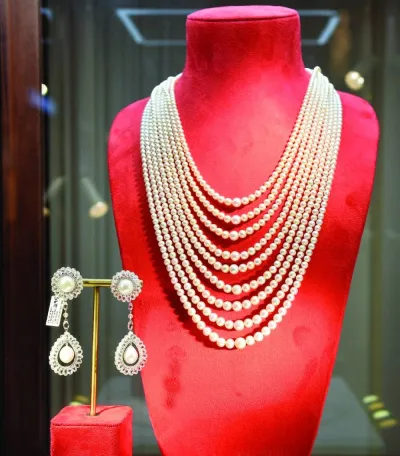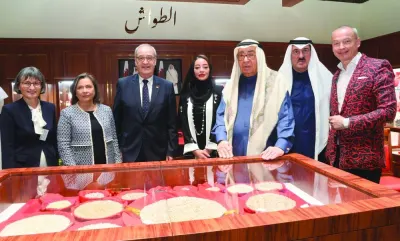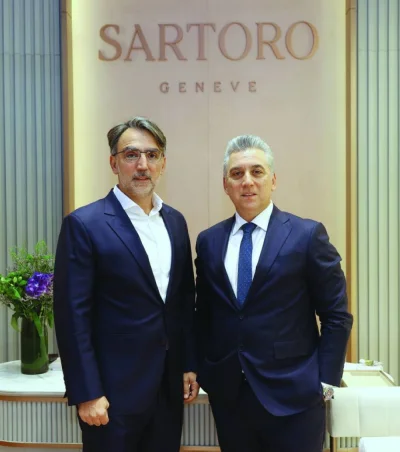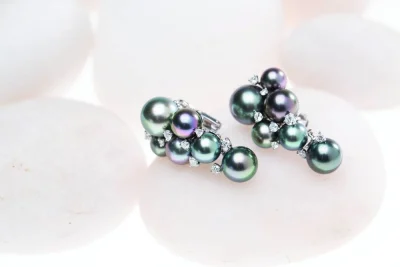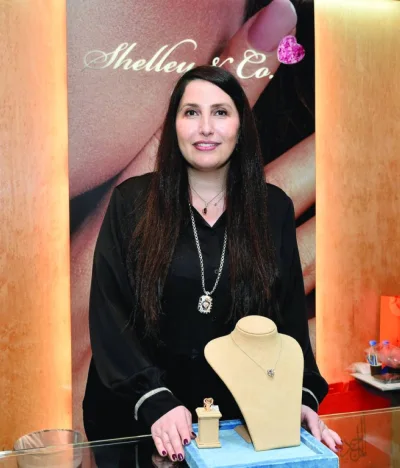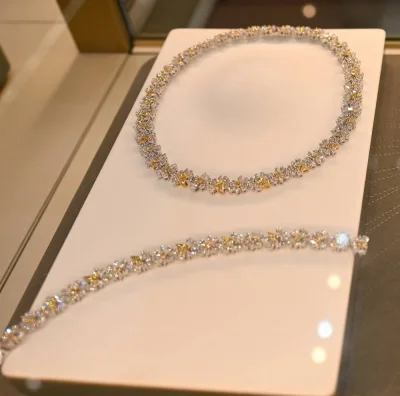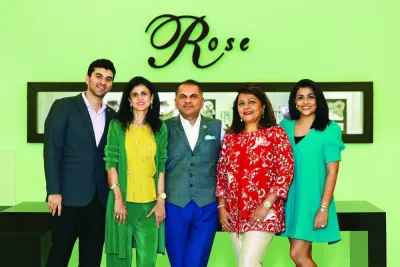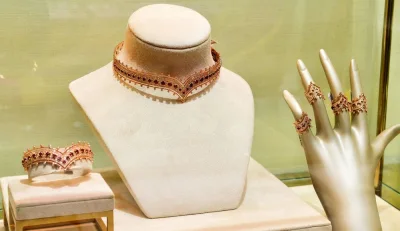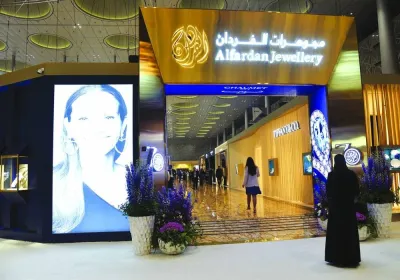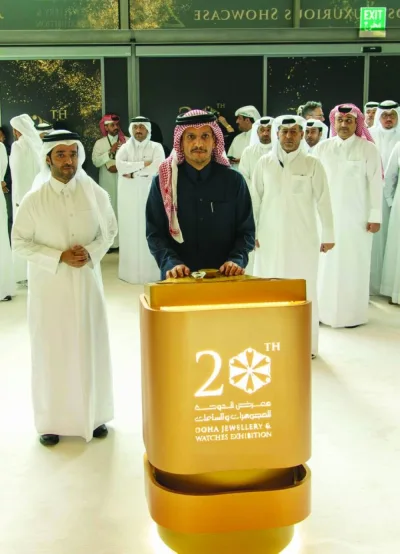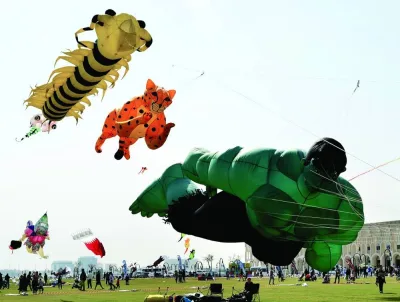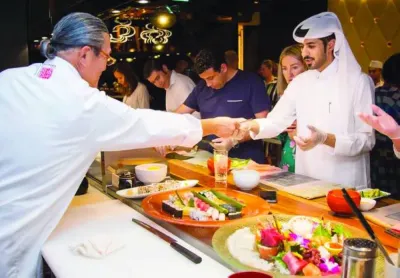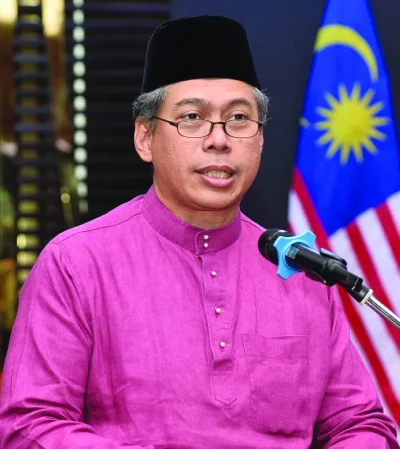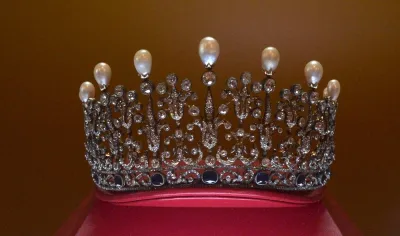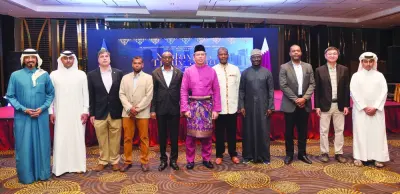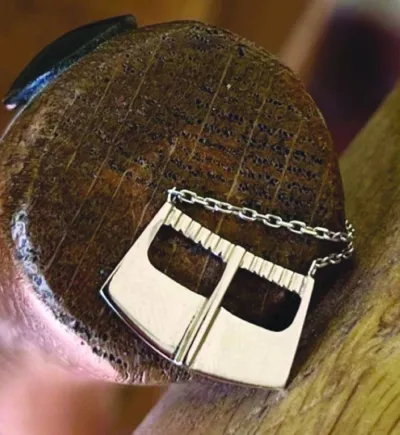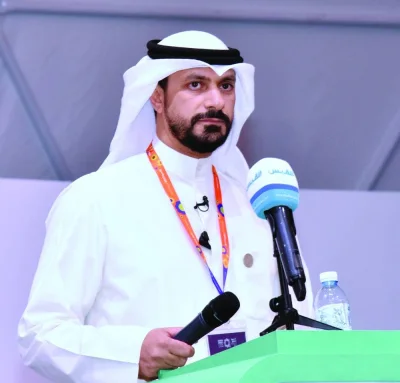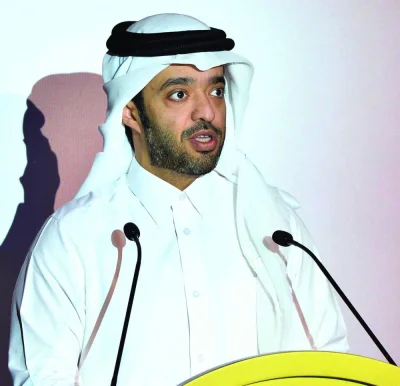Alfardan Jewellery and Tiffany & Co sealed an agreement on February 8 at the 20th edition of Doha Jewellery and Watches Exhibition (DJWE), further strengthening their relationship and setting new benchmarks in luxury, opulence and craftsmanship.The signing ceremony, held at the Alfardan pavilion, was attended by Alfardan Group chairman Hussain Ibrahim Alfardan, Alfardan Group vice chairman and Alfardan Jewellery president Ali Alfardan, and Tiffany & Co’s Europe, Middle East, and Africa (EMEA) president Kolia Neveux, among other guests.“We are very proud that we have Tiffany & Co as our partner in Doha since it is the biggest brand in the world as a jeweler,” Ali Alfardan told Gulf Times, highlighting the significance of the partnership.He cited the longstanding relationship between the two entities, dating back to the early 1980s. He underscored the enduring strength of their collaboration, particularly highlighting Tiffany & Co's reliance on Alfardan Jewellery for natural pearls, marking a key milestone in their partnership.Detailing the agreement’s terms, Ali Alfardan revealed plans for a 15-year commitment, which can be extended for another 15 years, with potential expansions of their retail footprint in Doha.He said the synchronisation of product launches between New York and Doha will allow a smooth integration of their operations within the newly formed partnership.Ali Alfardan shed light on the future direction of their collaboration and the innovative endeavours ahead, saying that it will grow further, especially with the unveiling of Tiffany’s new high jewellery collection. Tiffany launched “Bird on a Pearl”, a homage to the rich heritage and tradition of pearl diving in the Middle East.He also hinted at customising jewellery models to resonate with Qatar’s cultural nuances, ensuring a bespoke experience for local clientele.As Alfardan Jewellery marks its 70th anniversary this year, Ali Alfardan shines a spotlight on the remarkable journey of the institution, from a modest shop in Souq Waqif to a regional powerhouse.“After one small shop in Souq Waqif, today we are everywhere,” he said, citing their expansive presence across Qatar, and in neighbouring GCC countries, including the forthcoming venture in Oman. Such extensive reach, he noted, highlights their lasting impact and influence in the jewellery industry throughout the Middle East.Ali Alfardan noted that they have seven shops in Doha, three in Saudi Arabia, and two in the UAE. “We are so proud that we are one of the biggest in the Middle East in this field,” he added.

Joey Aguilar
Joey Aguilar has been a journalist since 2013 at Gulf Times, reporting on events related to Qatar. He was earlier a journalist for eight years in the Philippines. He became one of the 2015 United Nations Foundation Global Goals Press Fellows. He has also attended a number of journalism seminars in the Philippines.
Most Read Stories

